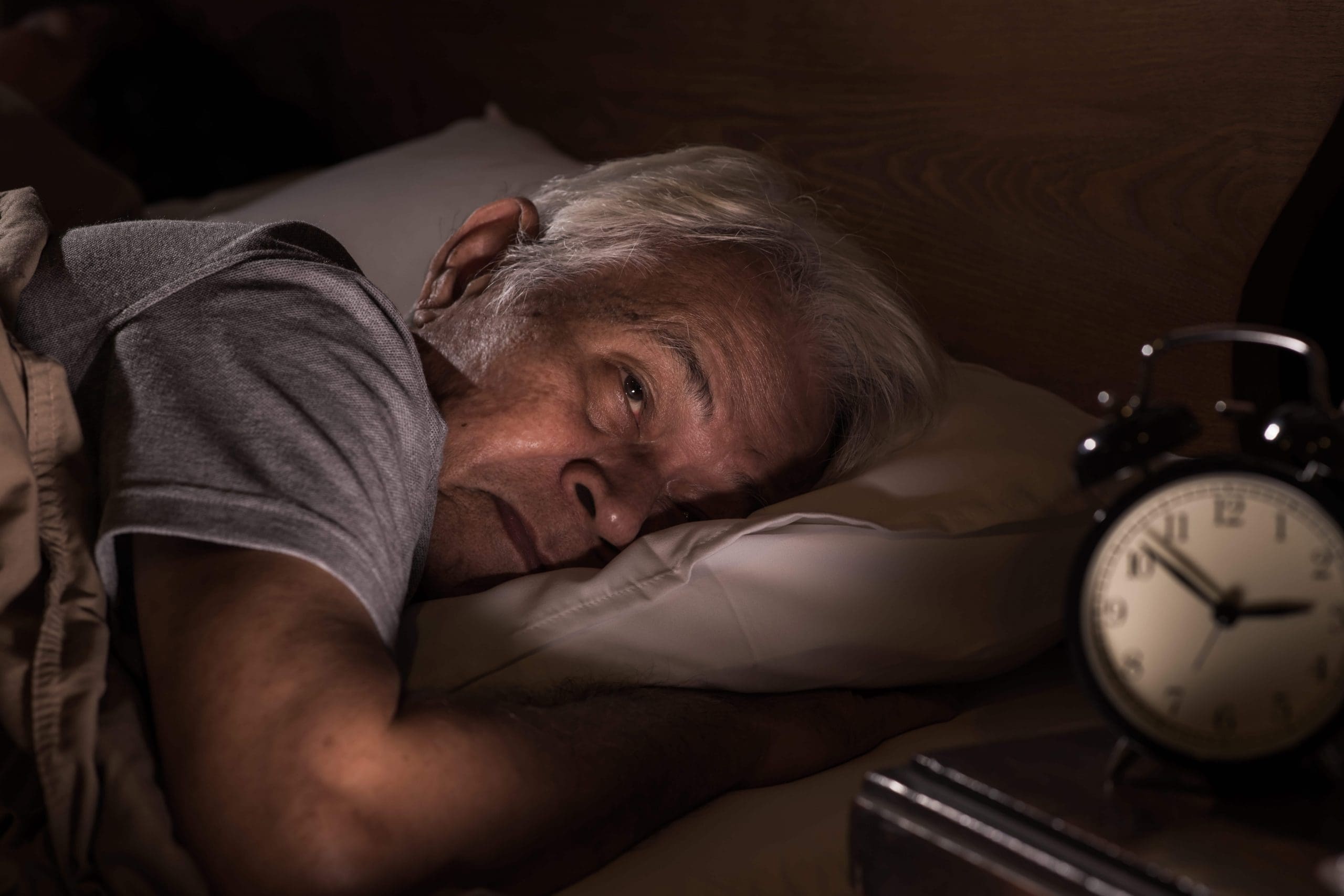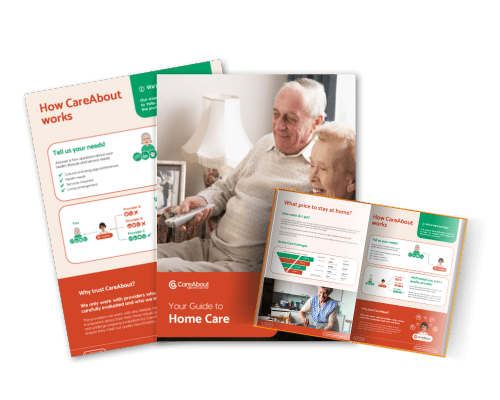Trouble sleeping? You’re not alone!

Do you have difficulty sleeping? It’s a common problem as you age, with almost 50% of older adults experiencing insomnia. Poor quality and/or quantity of sleep can have a drastic impact on your physical and mental wellbeing.
A good night’s sleep can boost your mood, improve your energy levels, give you heightened cognitive functioning and aid in physical repair and wellness. It is also the time when your immune system does its best work, fighting off disease and keeping you strong and healthy.
Insomnia, or an ability to sleep, has the opposite effect and can cause serious health problems.
Tips to help you get to sleep and stay asleep
Take time to relax before bed. For you this may be having a nice warm bath, reading a good book, having a soothing warm drink, or listening to a meditation. If you’re new to meditation, there’s plenty of free and paid Apps that you can use to get started and: Headspace is a great place to start for information and guided meditations. Healthy Minds also has free meditations and is great if you haven’t meditated before. Calm is also very popular but does have a fee.
Essential oils such as lavender and vanilla have been shown to relax and improve sleep. Add a few drops to your bath or have a diffuser in your bedroom.
Try this blend of oils in your diffuser for a good night’s sleep.
- 5 drops of Lavender to erase stress and tension
- 4 drops of Sweet Marjoram for calm and healthy respiratory function
- 2 drops of Cedarwood to aid in relieving stress and worry
- 2 drops of Eucalyptus to cleanse the air
- 1 drop of Frankincense to ground mind and body
Complex carbohydrates such as brown rice, beans and oats have also been shown to improve sleep through their ability to regulate blood sugar levels.
Avoid any stimulants before bed. Caffeine is not only in coffee but also found in black and green teas, as well as (unfortunately) in chocolate. Alcohol and cigarettes should also be avoided before bed.
TV before bed is okay, but make sure you aren’t looking at your phone, tablet or computer screen in the two hours prior to your bedtime. The light emitted from these devices affects the production of melatonin, the hormone that controls your sleep-wake patterns.
Maintain a sleep routine. Going to bed at the same time every night and waking at the same time in the morning helps your body and brain to recognise when it’s time to sleep.
When is it time to seek help?
Many people report having sleep difficulties as they get older and hormone levels change that affect sleep. If you are regularly experiencing sleep problems and you feel that it is impacting you during your daytime hours, it’s a good idea to speak to your GP.
Your GP may prescribe you some short-term medication to help you sleep. Sometimes, it is just a matter of breaking a pattern, and medication can be helpful for this. You may even be referred to a sleep clinic for some further advice, or to help diagnose a specific sleep condition.
Is it stress-related?
It is common to have difficulty sleeping if you’re feeling a bit stressed – if you think that your sleeping problems may be caused by stress, try some of the relaxation tips above, or ask for some help. A good night’s sleep can make a world of difference.









